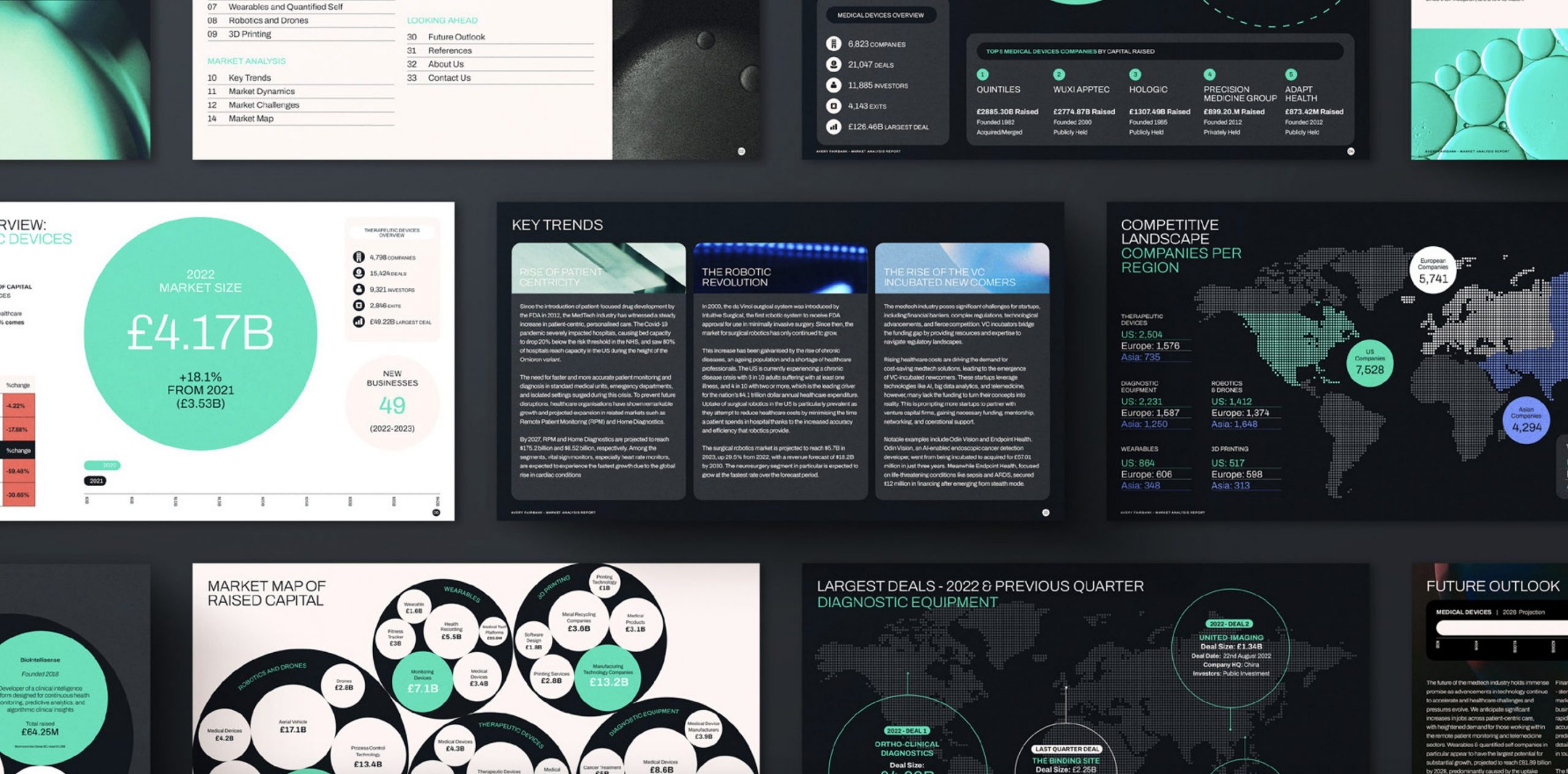February 16, 2024
Nanotechnology is the development or alteration of items and devices by extremely small-scale manipulation of materials. First introduced by Richard Feynman in 1959, nanotechnology is now seen as a major industrial game-changer, especially in medicine and electronics, where nano-scale manufacturing has revolutionised the potential for medical devices and surgical possibilities. Through precise manipulation of atoms and molecules, companies are able to create materials as thin as 100 nanometers. These nanoparticles are now being used in a variety of industries, such as electronics, sports, and healthcare as part of the nanotech takeover.
The Importance of Nanotechnology
Nanotechnology is crucial as it allows for the creation of materials, devices, and systems that possess novel properties and capabilities. The exceptionally tiny scale of nanomaterials endows them with distinct physical and chemical qualities not found in their bulk counterparts. This small size leads to a significantly increased surface area-to-volume ratio, which boosts their reactivity, durability, and electrical conductivity.
Moreover, the minuscule dimensions of nanomaterials enable their use across a wide array of products and applications. This spans electronic components, healthcare solutions, energy production, and environmental remediation. Nanomaterials play a key role in pioneering new products and improving existing technologies. They are pivotal in enhancing the performance of solar panels and batteries, creating more robust construction materials, and advancing more effective medical treatments.
Uses of Nanotechnology
- Energy: By offering solutions for energy conversion, storage, and efficiency, nanotechnology can assist in addressing energy-related issues. Batteries, fuel cells, and solar cells based on nanotechnology have the potential to significantly increase in functionality and affordability.
- Electronics: Smaller, faster, and more efficient gadgets are being developed as a result of the nanotechnology-driven miniaturisation of electrical components. Materials and gadgets based on nanotechnology are anticipated to be crucial in the development of emerging technologies like flexible electronics and quantum computing.
- Environmental repair: By offering solutions for water treatment, pollution reduction, and cleanup, nanotechnology can assist in addressing environmental concerns. Materials and equipment based on nanotechnology may make it possible to create effective and affordable environmental remediation solutions. Adsorbents including metal oxides, carbon nanotubes, and activated carbon can be utilised to extract contaminants from soil and water.
- Food and agriculture: By offering solutions for food packaging, storage, and preservation, nanotechnology can help enhance the quality and safety of food. Using nanoparticles, food packaging can be created that effectively maintains food safety and quality.
- Medical: The application of nanotechnology in medicine has seen a surge in interest for its potential to boost the effectiveness of treatments, advance diagnostic methods, and transform disease prevention and management strategies. Nanotechnology’s integration into healthcare promises significant advancements in medical science’s future.

The Current State of Nanotechnology
In 2020, robust industrial advancements, a keen governmental embrace of innovation, rising consumer affluence and a heightened demand for both cutting-edge electronics and smaller, smarter healthcare devices, saw a huge surge in nanotech investment. This was especially prevalent within Europe, which took second place as the largest market space for the technology, after Asia. In a decade, the global nanotechnology industry has grown to $111.25 billion, with 70% of the market share belonging to biomedical, electronics and energy sectors – the latter two employing the highest volume of professionals within the space.
The Nanotech Talent Landscape
According to LinkedIn, the US currently leads the nanotech job market employing around 132,500 of the 272,794 global Nanotechnology Engineers, earning an average salary of $99,040. Demand for products like computer chips and medical devices has caused a surge in specific job roles, including Nanotech Engineers – the volume of whom grew 6% over the past year.
The Risks of Nanotechnology
While nanotechnology offers a vast array of beneficial applications, it also presents certain risks. A significant worry is the health hazards that may result from nanoparticle exposure, as their minuscule size allows them to infiltrate cells and bodily tissues, potentially causing respiratory issues or other health complications. With approximately 2 million Americans exposed to large amounts of nanoparticles, this is an issue of grave concern.
Moreover, the environmental buildup of nanoparticles poses a threat to ecosystems and wildlife, sparking debates on the ecological impact of nanotechnology. To combat these issues, scientists and regulatory bodies are diligently studying the possible dangers of nanotechnology to devise effective risk management strategies.
The Future of Nanotech
This rapid development of nanoscience is proof that soon, nano-scale manufacturing will be incorporated into almost every domain of science and technology, especially given its ability to provide a link between classical and quantum mechanics (a grey area called a mesoscopic system).
Projected to surge to a global market value of $288.71 billion by 2030 – the US nanotech job market alone is set to grow by 10.6% over the next decade. Largely owing to an expected wave of retirements. The future of the nanotech job market looks promising, with an anticipated increase in demand for experts in specialised areas such as nanomaterials, nanoelectronics, and nano-biotechnology and roles such as Nanomaterial Scientists and Nanorobotics Engineers.
This expansion is set to introduce brand new roles and specialisations, highlighting the need for a workforce adept in cutting-edge nanotech innovations. Consequently, education and training programs will be key in equipping upcoming professionals with the necessary skills to navigate the fast-evolving landscape of nanotechnology.
Conclusion
In summary, nanotechnology holds the promise to revolutionise multiple sectors by offering advanced and efficient solutions to diverse problems. Spanning healthcare, energy, food, and environmental clean-up, its application could significantly enhance productivity, sustainability, and safety across various industries.

Published on 16-02-2024


